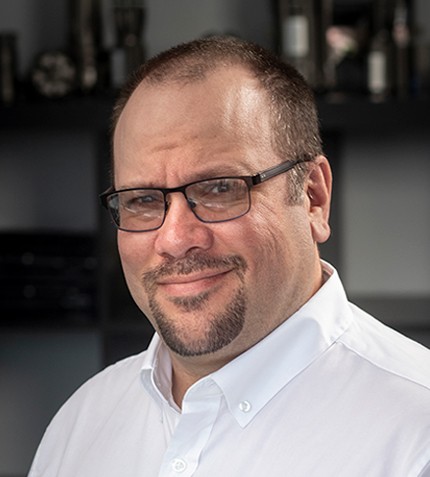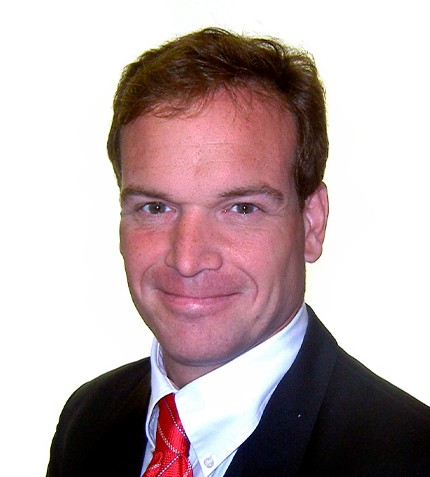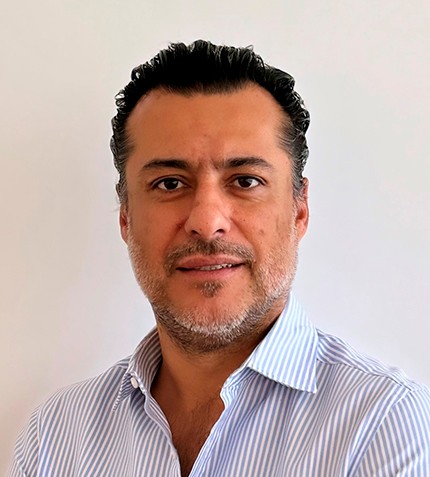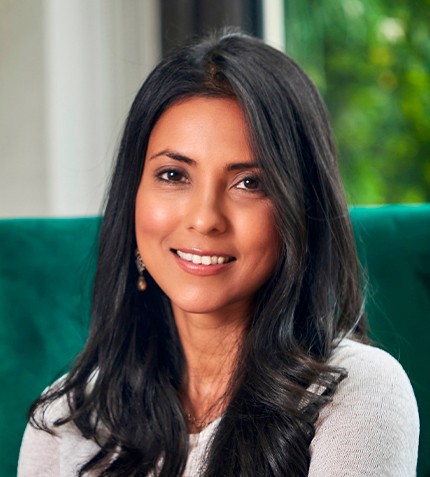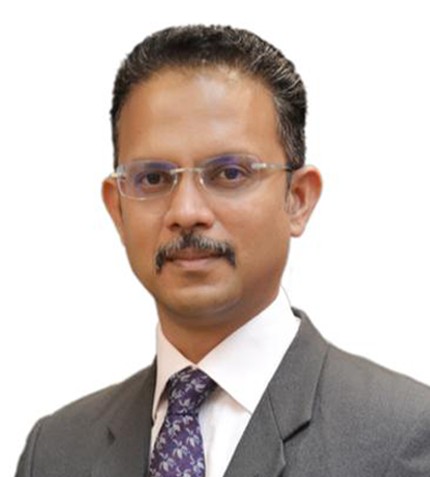
"TALKE will be the first to build such a facility inside a port and we want to introduce a new standard and lead the way for safety and compliance."
Vijaya Kumar Puspowanam
MANAGING DIRECTOR, TALKE LOGISTICS MALAYSIA
TALKE was registered in Malaysia in 2020. What made TALKE invest in Malaysia?
TALKE, headquartered in Germany has a history of over 70 years in Europe, but it was mostly in the past decades that it expanded internationally, growing aggressively in the Middle East. Following discussions with Middle Eastern customers that were distributing through Westport, Port Klang, into Southeast Asia, TALKE started looking at opportunities in both Singapore and Malaysia. Even though Singapore brought superior shipping connectivity, TALKE Logistics was eventually convinced that Malaysia offered more advantages, particularly in terms of land logistics. Securing land within a port is difficult since most areas are consigned to port-related facilities, but TALKE Logistics was allocated about 15 acres within Westport in 2019. Malaysian ports benefit from spare land, free zones, as well as seamless, paperless processes of operating these free zones. Moreover, Malaysia has massive cost advantages, from upfront building costs to operational costs, and it has a growing pool of talents, as more people pursue logistics as a life-long career.
This year, TALKE will inaugurate its new warehouse facility within Port Klang. Can you tell us more about the capabilities and role of this facility to store general and dangerous goods (DGs)?
Initially, TALKE was considering investing in a general warehouse facility since most of the clients serviced in the Middle East are petrochemical companies bringing polymer resins through Westport for regional distribution. However, we identified a gap in the market for world-class facilities to handle palletised chemicals in containers as well as DGs. We therefore decided to build a DG facility to start with, and, as a second phase, build a general warehouse catering to petrochemical products from polymer resins to specialty polymers coming from the US and the Middle East. The construction is underway for an 18,000 m2 facility made of seven chambers – four of which are temperature controlled - with a total capacity of 26,000 pellets.
Could you elaborate on the model of regional distribution business from Malaysia to Southeast Asia?
The best-positioned ports for regional distribution are Singapore, Port Klang, and Tanjung Pelepas, which serve as transshipment hubs for the main shipping lines. Singapore surpassed the 37 million TEU container throughput this year, while Port Klang handles about 13 million TEU, and Port Tanjung 11 million. Due to land scarcity, Singapore cannot grow to accommodate large volumes of DGs, which is creating an opportunity for Malaysia. Port Klang has a masterplan to double its container throughput capacity in the next 20-25 years. For that, it must create cargo stickiness – this means, not just handling cargo for Malaysia, but also for other countries, by creating a high level of connectivity to both source the cargo from the Middle East or the US, and then ship it across APAC at a competitive price and within a competitive lead time, connecting the long haul with the shorter haul. To incentivize shipping lines to call at our port, we need volume, and we need a mature ecosystem to facilitate the interchange.
What do you identify as the main challenges for Malaysia becoming a transshipment hub?
The shipping industry has consolidated significantly in the last 10 years. Around 80% of the global shipping business is controlled by a handful of shipping lines. Nevertheless, shipping lines still need diversification to mitigate potential disruptions. Malaysia is a vibrant alternative for Singapore but it will need to keep investing in top-class infrastructure, both hard infrastructure like multi-lane roads, but also digitalization, where there will be cost consideration. Also, we need to update some of the by-laws and regulations to better suit business requirements today in the free zones.
How will Talke Logistics differentiate itself as a new entrant in the market?
What we want to introduce to clients in Malaysia is the high level of sophistication and effort that has gone into building these facilities to make sure products are handled and stored safely. TALKE will be the first to build such a facility inside a port and we want to introduce a new standard and lead the way for safety and compliance. We want to be actively working with the entire value chain to raise awareness, educate, and hopefully jointly elevate the level of compliance among our peers.




